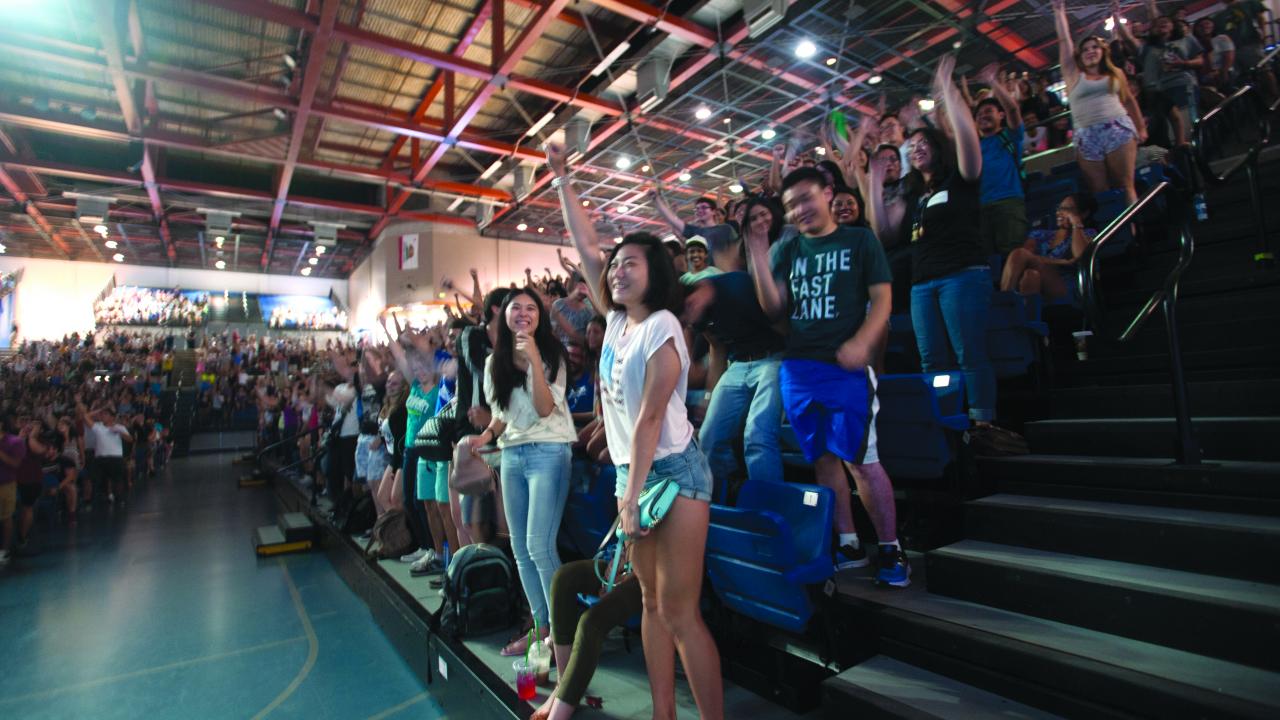
New Class Helps First-Year Students Succeed
The first year of college can be daunting for students, whether they are freshmen or transfers. To help with the adjustment to college life, UC Davis launched a new class for first-year students in fall 2015.
“We know that the first year, sometimes even the first quarter, really sets the tone for the rest of a student’s stay in college,” said Michael Valenzuela, an academic counselor in the College of Letters and Science who works with first-generation students and taught one of the new seminars. “At UC Davis, we go out of our way to not only provide a welcoming environment, but also back that up with resources and tools that will help smooth their transition.”
The EDU 98 course is a small, discussion-based seminar that covers academic topics and personal growth, including study skills, time management, interacting with faculty and staff, making friends and getting involved on campus. Students are also introduced to services such as advising, tutoring and wellness. In the College of Letters and Science, seminar students also had to overcome their fear of talking to faculty during office hours, said course instructor Kate Shasky, assistant director of COSMOS (California State Summer School for Mathematics and Science).
Freshman Jesse Erdmann, who plans to major in chemistry or environmental engineering, said the seminar provided valuable exposure to interesting classes and majors. “This class showed me how to succeed, have fun and get ahead on campus,” Erdmann said. “It also gave me the push to join organizations on campus and try out new interests.”
More and more universities are offering courses for students transitioning to college life. The outreach can help lower dropout rates and increase retention, according to studies. At UC Davis, the first-year seminar is sponsored by the Aggie Connections program and taught by staff advisers. Aggie Connections mentors new UC Davis freshmen and transfer students within small communities formed around a shared interest.
“One of the goals for my class is to create a home base where students know they can bring questions and get help,” said adviser Joanne Snapp, who taught nonscientists interested in health careers. “The first quarter can be challenging, but hopefully they feel motivated to work toward their goal as opposed to feeling alone or lost.”
— Becky Oskin, content strategist in the UC Davis College of Letters and Science
